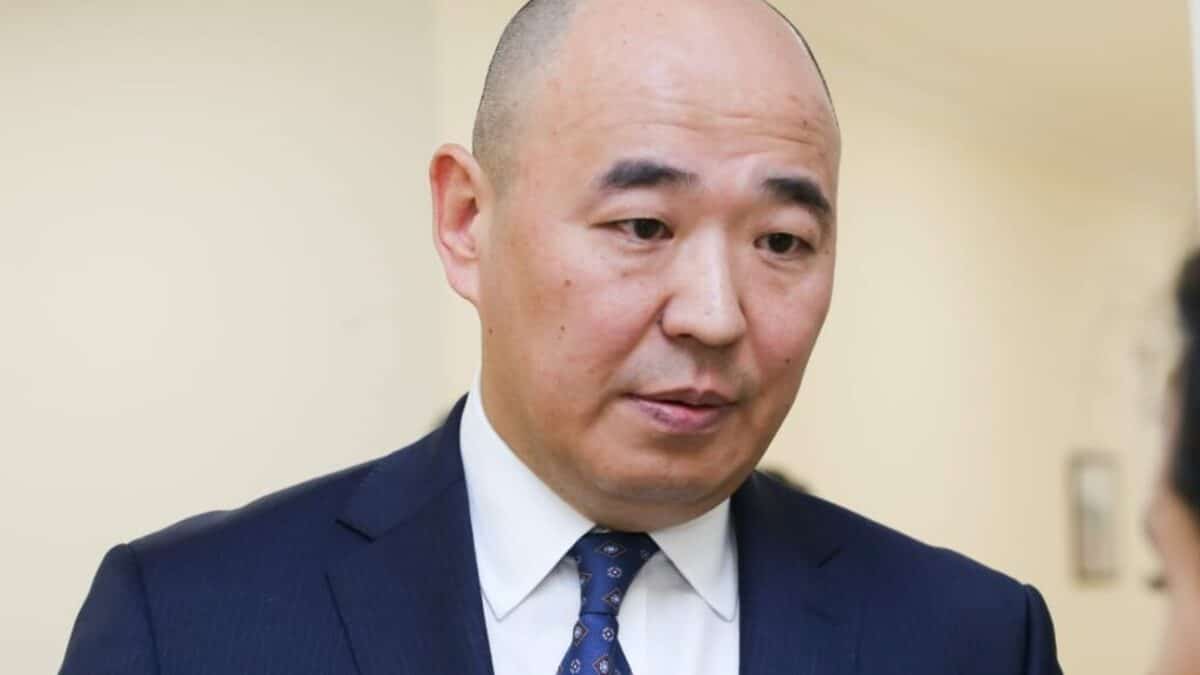Kazakhstan’s Minister of Industry and Construction has recently initiated substantial discussions with counterparts from the European Union (EU), delving into the crucial arenas of critical minerals and sanctions policy. These comprehensive talks not only underscore the strategic importance of these sectors but also hint at a potential deepening of ties between Kazakhstan and the EU, promising substantial economic and geopolitical implications.
Kazakhstan, blessed with a wealth of critical minerals, has emerged as a pivotal player in the global supply chain. The Minister, during these discussions, accentuated the nation’s strategic role, emphasizing its capacity to significantly contribute to the EU’s objective of securing a stable and diversified supply of critical minerals. The talks centred around fostering collaborative partnerships that leverage Kazakhstan’s abundant resources and expertise in critical minerals, thereby bolstering the EU’s resilience in the face of global economic uncertainties.
The dialogue went beyond the economic domain into the nuanced realm of sanctions policy. The Minister articulated shared concerns and objectives, underlining a commitment to aligning strategies to effectively address regional and global challenges. The collaborative approach to sanctions policy reflects a concerted effort to strengthen diplomatic ties and enhance the collective efficacy of measures implemented in response to evolving geopolitical dynamics.
As Kazakhstan strategically positions itself as a reliable partner in critical sectors, these discussions with the EU signal a proactive and forward-thinking approach to international cooperation. The Minister’s insights not only shed light on potential avenues for collaboration but also emphasize the broader implications of such partnerships. Beyond immediate economic gains, a strengthened alliance between Kazakhstan and the EU in critical minerals and sanctions policy has the potential to contribute significantly to regional stability and global security.
In conclusion, the Minister’s diplomatic endeavours mark a pivotal moment in Kazakhstan’s engagement with the European Union, offering a glimpse into multifaceted collaboration on critical minerals and sanctions policy. This strategic dialogue sets the stage for a robust partnership that goes beyond economic interests, encapsulating shared objectives in navigating the complexities of the contemporary geopolitical landscape. The envisioned alliance holds the promise of fostering stability, security, and prosperity on both regional and global scales, showcasing the transformative power of diplomatic dialogue and international cooperation.

